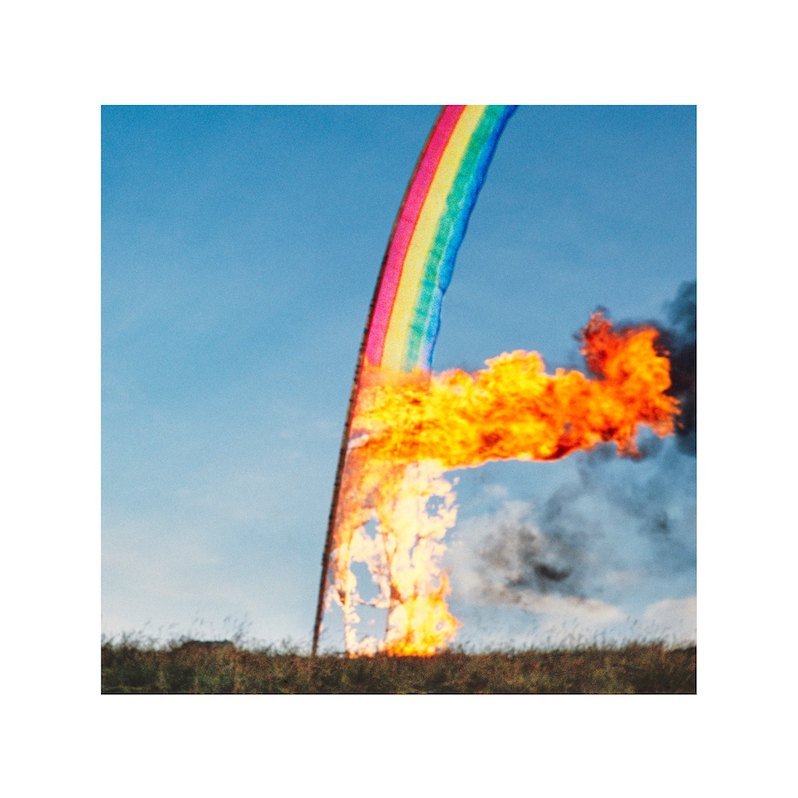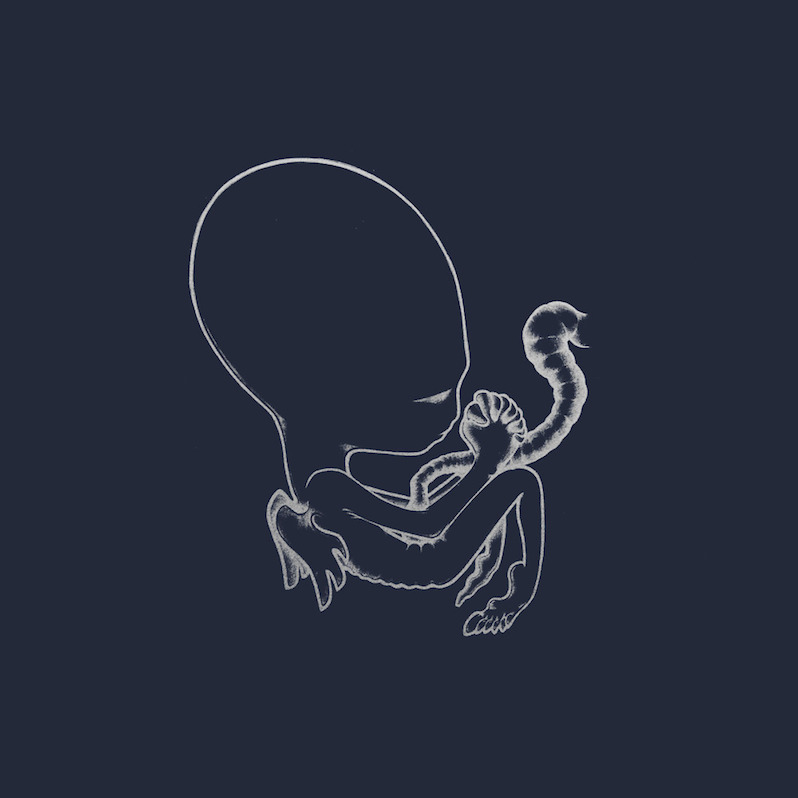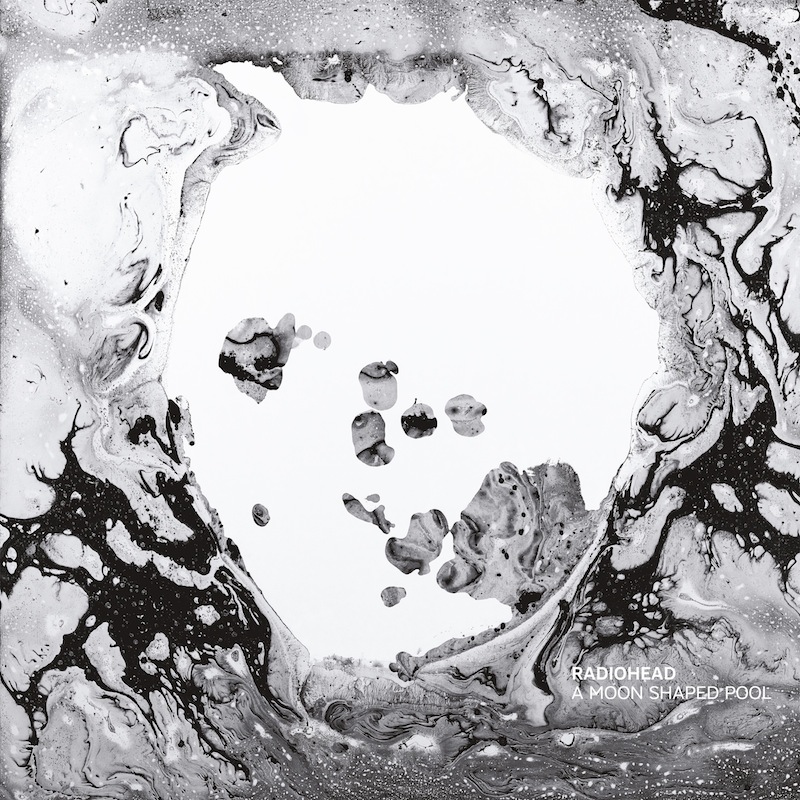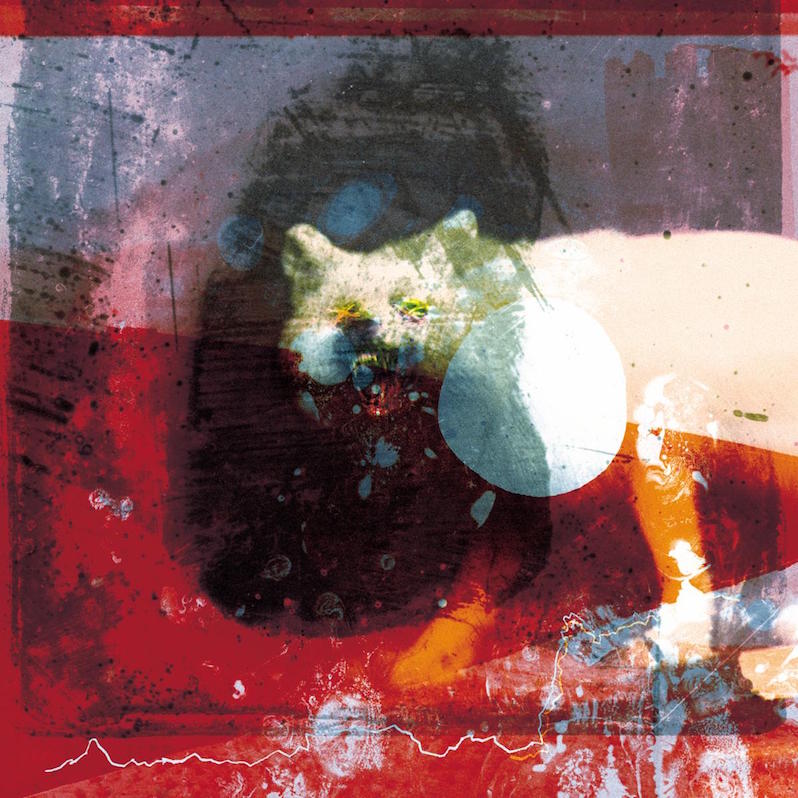Sigur Rós : ÁTTA

The past decade of Sigur Rós‘ career has been undoubtedly the most exciting and strange of their nearly 30 years together. In 2013, they released their previous studio album Kveikur, completing what in retrospect was an obvious diptych with its own preceding album Valtari. Those two represented the oppositional halves of the band, one being ambient and dappled with sunlight while the other was harsh, nearing industrial or metallic soundscapes, and showing a startling newfound aggression for the band. Those two records themselves came after a lengthy hiatus that the group embarked upon following the release of Með suð í eyrum við spilum endalaust, a messy and fractured album that tentatively explored more direct pop songwriting that vocalist Jónsi would later pursue through a series of solo and collaborative records. It seemed with those two returning records that we were about to see a far more productive and concentrated version of Sigur Rós, one that was substantially more in touch with the masterclass of fusion records they’d put out from the late ’90s to the early 2000s combining elements of ambient, contemporary classical, progressive rock, dream pop and post-rock. And, in a way, those suspicions were right, but in the strangest way possible.
In the decade between their last studio record and this one, Sigur Rós have produced a ream of exceedingly bizarre and, for people like us, deeply exciting works. They released two albums of scores for contemporary ballet (Variations on Darkness and 22° Lunar Halo), showcasing their more abrasive and inventive side and featuring, in my view, their strongest compositions put to tape. They scored a 24-hour long cinema trip around Route One televised by Icelandic broadcasting. They released three volumes of rarities and remixes under the name Liminal before putting out a multi-hour soundbath ambient work to capstone it called Liminal Sleep which was performed in a select few cities as a combination meditation/art installation. They issued the score for Odin’s Raven Magic, a dramatic reading of poetry, which is perhaps their strongest album-length statement. They also formed the backbone of the half-hour long opening piece of an album of guided meditations. They were decidedly busy, with each of these projects being its own multi-media venture and expansive new space to explore compositionally. But none of them were new studio albums, and so most went under-explored.
Which brings us to ÁTTA, their first proper studio record in a decade following all of those various experiments and ventures. The result is startling to me: We find Sigur Ros returning to the sound of their most acclaimed period, that of Ágætis byrjun and ( ). But where before they had a naive interest in the orchestral wing of rock music, now their experience of arranging orchestrally has been backed by decades of experience, which shows. This is a record near totally without percussion, with each member credited as arrangers and composers and performed, for all but one track, by the London Contemporary Orchestra. By all visible measures, this is less a new Sigur Rós record as it is another work within their expanding wing of proper orchestral works. And yet these compositions are, as the name on the tin might suggest, the most, well, Sigur Rós of their material since all the way back during the Takk… era. Jonsi’s experiments with pop have great utility here, both for sharpening where the effected falsetto vocals are deployed like bird chirps and embellishments, color and detail crenelating the aching beauty of the orchestral expanses, but likewise also for tempering his desire to turn Sigur Rós into a pop band. On the tracks where he settles back into elegiac sense of singing, he conjures more the impeccable beauty of the undersung Amen 3 by Mikko Joensuu, another shoegaze and dream pop turned orchestral post-rock great, than the traditional Eurovision nordic pop we might have seen on his solo works.
ÁTTA also shows that once-wondrous capacity of the band, their ability to, to quote Fucked Up, make epics in minutes. The track lengths here hover in modest and petite ranges, with only two tracks nudging past the six-minute mark and only the closer exceeding nine. And yet despite their modest lengths, these pieces unfurl like voluminous sails of silk, moving like glaciers in the waters of the heart. The roughly hour-long span of the record feels like a cloistered eternity, the way the depths of meditation can make five to ten minutes of full silence throb like hours. It’s hard, knowing the past decade of history of the group, not to draw the line directly back to their work in the world of meditation records and sound baths, of sleep playlists and long cinema tracking. What’s shocking is their ability to distill those sensorial experiences, which are so driven precisely by the very real Herculean expanses of time they occupy, down to these digestible chunks. These pieces feel like stepping into a vast and opulent church, seashell shaped, with columns of cold white light, robes and beads of pearl splashed by the toss of the hand, a vastness of imagistic response captured in relatively minuscule time. Their progressive rock bona fides remain in full show here, but their command of form enables them to conjure those intense images with much tighter brushstrokes. The fact that none of these pieces follows standard song structure, each bearing its own unique linear form as it moves between distinct and largely non-repeating sections and melodies, is made utterly invisible. It took me several listens to chart the path of the songs in my notes because, to be direct, they were too beautiful; the more quotidian necessities of critique were less important, less interesting, less moving to me than remaining immersed in their waters.
And yet, despite all this beauty, there is a real emotional complexity to the record. We’ve been seeing a wave of yawn-inducing attempts by certain wings to, in the wake of the terror of the world, move art purely to shapes of comfort. Sigur Rós, to their credit, achieve a great sense of comfort and coziness here. But they are also wizened by, again, nearly 30 years of experience now; they are aware of the internal universes contained within beauty, how beauty can emerge or be captured in pain and desolation just as much as in joy and sobriety, that yearning is a kind of pain that can be beautiful and horrific all at once, that peace can bring tears to the eye in exactly the same way that terror can. Their earlier records as a group often pivoted between these tonal colors in a much more obvious way, in part due to the avowed maximalism of the group. Here, they emerge from subtleties. I am reminded of what constitutes great drama in varying periods of life: to a teenager, there are tantrums and silent recriminations in the household while, for the adult, holding the newborn baby of a friend or loved one brings to mind just as much hope as it does the realization that we too shall be replaced, fade, die, that curious and dappled mixture of hope and terror that seems to bubble up from everything. But while the emotional complexities of ÁTTA are subtle, the fact of its emotionality isn’t; something they’ve retained and sharpened from those pop works is the ability to provide a clear emotional hook.
People like us might find greater value in their experimentalist decade, the inventive and rich ballet scores and the heart-dissolving ultra longform projects. But ÁTTA proves not only that they still can connect with more typical listeners, but also that they still have a rich set of statements left to make in that domain. A real risk of experimentalism, one often underreported, is not only that one may find themselves in too-deep waters when experimenting but its inverse as well, that they may become so comfortable and adept in those new environs that a return to form winds up feeling stale, overly safe, boring and without the spirit. Can you imagine Scott Walker going back to making a straight-ahead pop/crooner record after those years in the wilderness? Yet Sigur Rós don the old clothes comfort and mastery, joining the ranks of groups like Depeche Mode and Judas Priest as a group who can return to a previous form enriched and renewed.
Label: BMG
Year: 2023
Similar Albums:
Langdon Hickman is listening to progressive rock and death metal. He currently resides in Virginia with his partner and their two pets.




